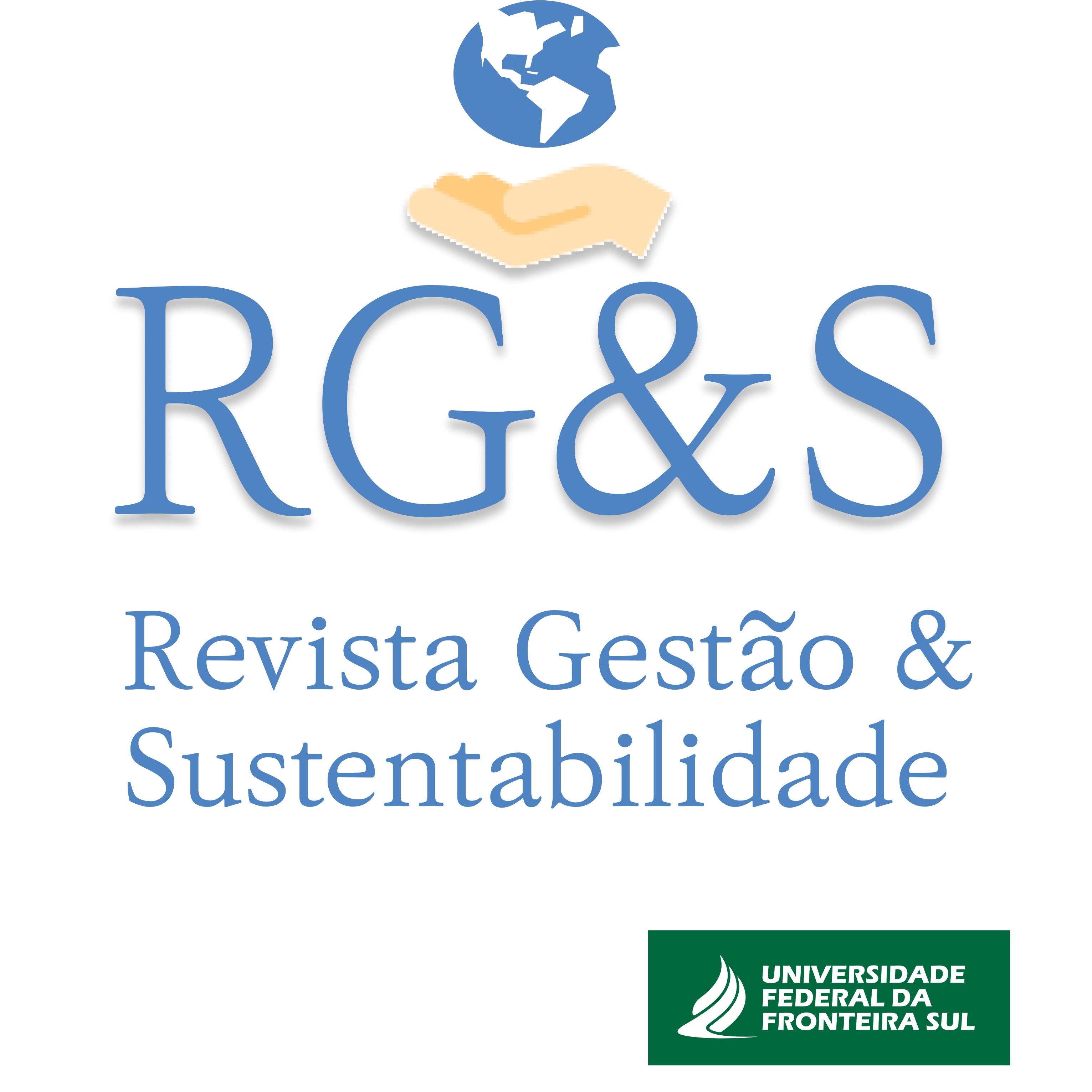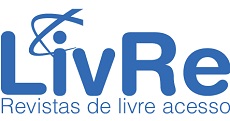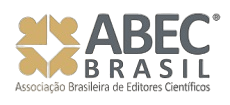Barriers to the Implementation of Circular Economy Business Models in the Brazilian Manufacturing Industry
DOI:
https://doi.org/10.36661/2596-142X.2023v5n1.14165Keywords:
Circular Economy, Business Model, Barriers, IndustryAbstract
Circular Economy (CE) is positioned as a new development paradigm that seeks to close the loops of products and materials, extending the lifespan of manufactured compounds. It is activated through the principle of the 4Rs: reducing, reusing, recycling, and remanufacturing. In this way, several sectors of the industry have sought to transition their business models towards Circular Economy Business Models (CBMs). This is the case for the manufacturing industry, highly dependent on virgin and non-renewable raw materials, which has faced various challenges in this transition. Seeking to assist in this process, this article presents and addresses the following research question: What are the main barriers to the implementation of circular economy business models in the Brazilian manufacturing industry and how do the y relate to each other? Based on the literature, nine barriers to the adoption of CE by the manufacturing industry were identified. These barriers were analyzed using the DEMATEL methodology, which allows for a systemic approach to the interrelationships between each of them. The results revealed "high costs to implement new technologies", "low adoption of digital technologies", "lack of incentives and public investment", and "risk aversion by top management" as the four most relevant barriers in the transition process to CE. This provides important implications for decision-makers within the manufacturing industries, as well as policymakers and legislators, in terms of prioritization.
Downloads
Downloads
Published
Issue
Section
License
-
O(s) autor(es) autoriza(m) a publicação do artigo na revista;
-
O(s) autor(es) atesta (m) que a contribuição é original e inédita e que não está em processo de avaliação em outra(s) revista(s);
-
A revista não se responsabiliza pelas opiniões, ideias e conceitos emitidos nos textos, por serem de inteira responsabilidade de seu(s) autor(es);
-
É reservado aos editores o direito de proceder ajustes textuais e de adequação do artigo às normas da publicação;
-
Autores mantêm os direitos autorais e concedem à revista o direito de primeira publicação, com o trabalho simultaneamente licenciado sob a Creative Commons Atribuição 4.0 Não Adaptada, que permite o compartilhamento do trabalho com reconhecimento da autoria e publicação inicial nesta revista














